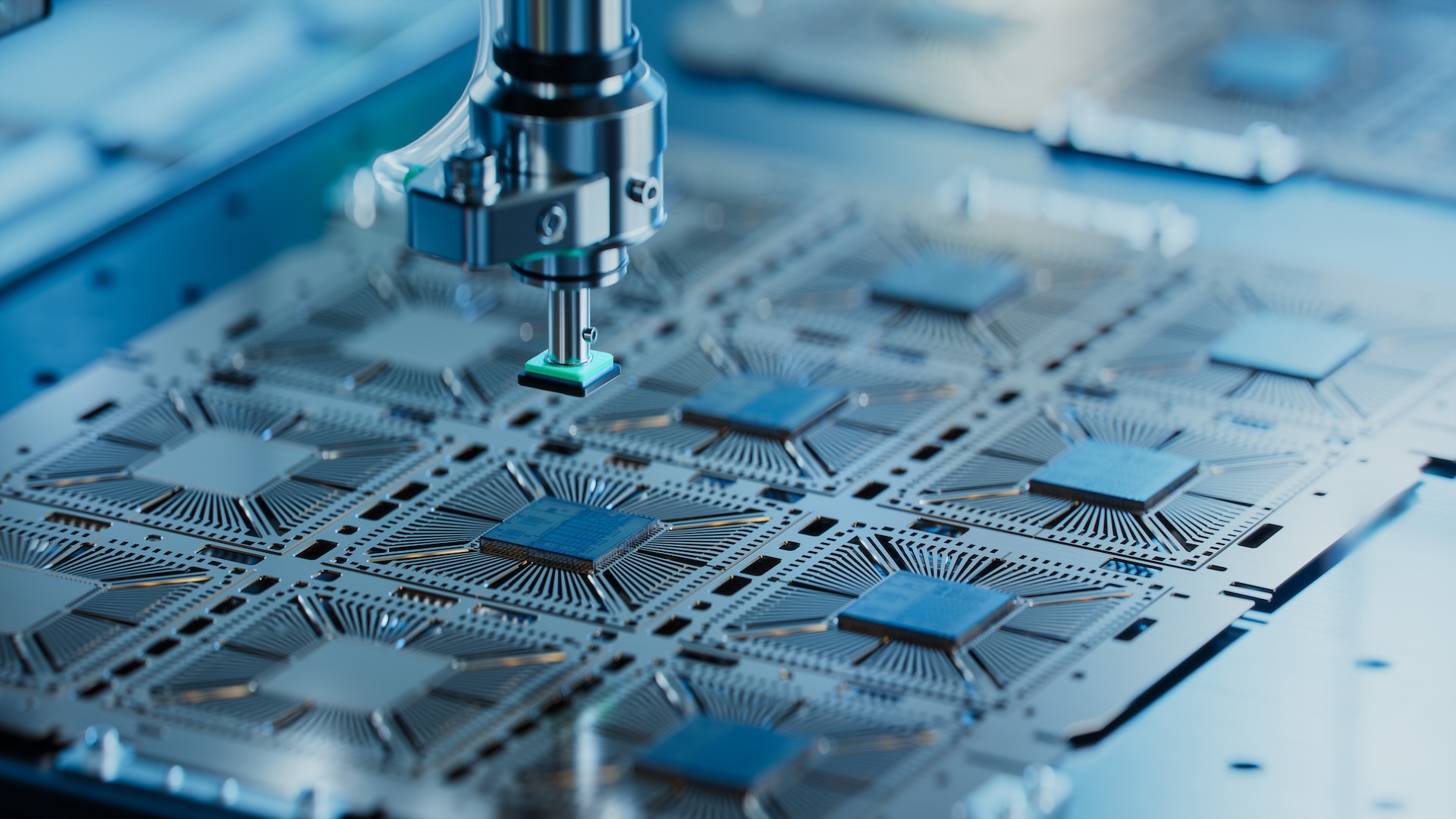Time: 2024-06-22
Researchers at Lawrence Berkeley National Laboratory (Berkeley Lab) and UC Berkeley have made a significant breakthrough in microcapacitor technology, setting new records for energy storage and power density. This advancement could revolutionize the efficiency of electronic devices by allowing energy to be stored locally on chips, reducing power losses during transfer between components. The team's novel capacitor design, developed using thin films of hafnium oxide and zirconium oxide, has shown remarkable improvements in energy and power density compared to existing capacitors. The results, published in the journal Nature, have exceeded expectations and showcased the potential for a wide range of applications in the electronics industry.
The engineered microcapacitors, grown through atomic layer deposition, offer nine times higher energy density and 170 times higher power density than traditional electrostatic capacitors. This development has the potential to enhance the performance of devices such as Internet-of-Things sensors, edge computing systems, and AI applications. By integrating energy storage and power delivery directly on chips, the new technology opens up possibilities for creating more efficient electronic devices with improved battery life and energy efficiency. The researchers believe that microcapacitors could be a game-changer in the field of electronics, enabling the development of smaller, more powerful devices that can operate seamlessly with enhanced energy technologies.

The discovery of high-energy microcapacitors represents a significant leap forward in the quest for smaller and more efficient electronic devices. With the ability to store energy on-chip at unprecedented levels, the new technology could pave the way for advancements in various sectors, including telecommunications, computing, and consumer electronics. The team's unexpected results have sparked excitement in the scientific community and raised hopes for the widespread implementation of microcapacitors in future electronics. By addressing the challenges of energy storage and power delivery in microelectronics, researchers aim to create a new era of energy-efficient devices that can revolutionize the way we interact with technology.
In the fast-paced world of electronics, innovations like microcapacitors hold the key to unlocking new possibilities for electronic devices. By harnessing the power of advanced materials and cutting-edge technologies, researchers are pushing the boundaries of what is possible in terms of energy storage and power density. With the potential to improve battery life, enhance device performance, and reduce energy consumption, microcapacitors could shape the future of electronics and pave the way for groundbreaking advancements in integrated circuit technology. As scientists continue to explore the potential applications of microcapacitors, the promise of smaller, more efficient electronic devices looms on the horizon, offering a glimpse into a future where energy-efficient technology is the norm.